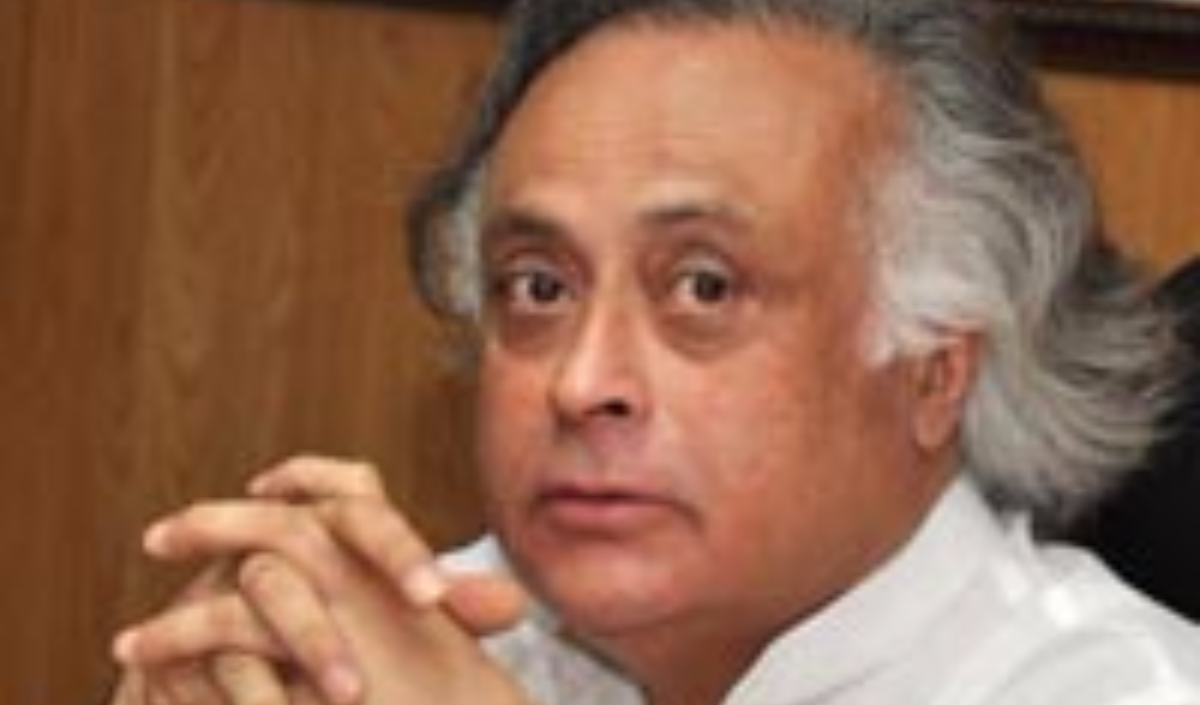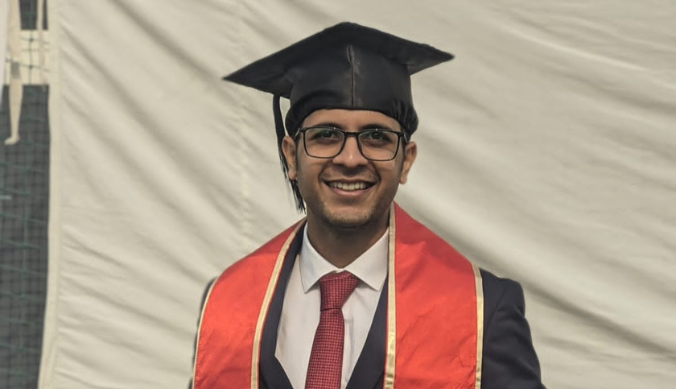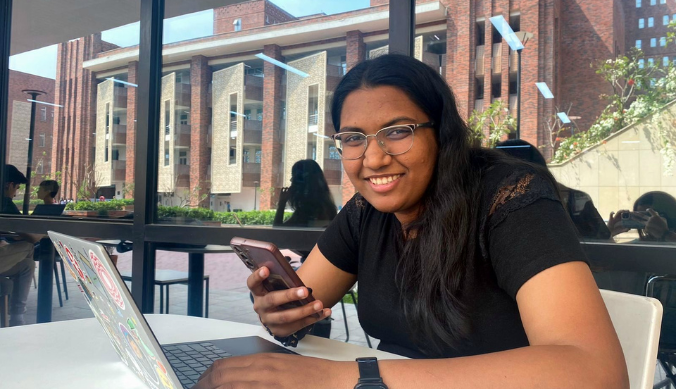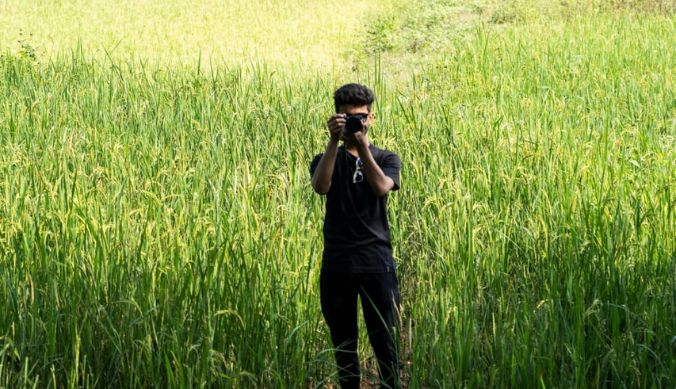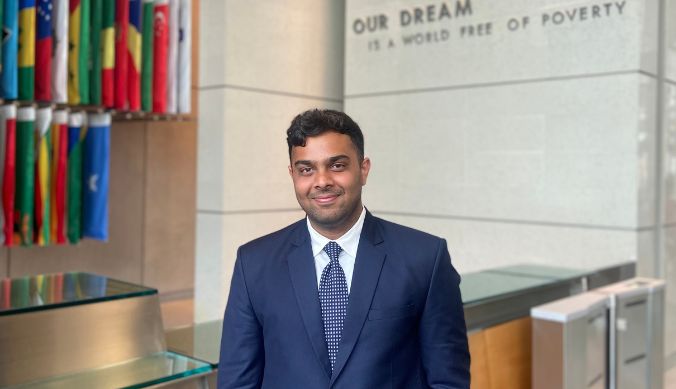Takeaways from Guest Sessions at Ashoka
Highlights of sessions by eminent speakers across sectors- corporate, social and publishing.

Office of PR & Communications
1 January, 2021 | 10 Mins readTiger Tyagarajan, President and CEO, Genpact
Use the education at Ashoka to learn the art of incorporating people with a completely opposite view to yours into the final decision that is taken. More important is to actually accept their view in an open and honest manner rather than in a regretful way. All these are tricky situations and if you learn this early, you will be hugely successful. Every morning, I wake up thinking that today I am going to learn new things. The way I approach everything is that I don’t know anything and I am desperate to learn. I am driven by curiosity. Life is about asking questions and it is equally important to listen after you have asked the question. When you hear different opinions, you have to find ways to connect all those opinions and form your opinion. One should be nimble and be able to change his desciscion quickly. This is what liberal arts education encourages.
Gurcharan Das, Author and Columnist
There is a difference between making a living and making a life. With middle class insecurities in India, we think of university education to get us a job as lawyer, engineer etc. We forget that there is something else missing and that something else we realise only when we are in middle age and running families. Then we think– Is this it (education and job) was all about? Then you feel the discontent.
In my view, the way to think about making a life is to play a thought game with yourself. What if you had only three months to live your life- you wouldn’t be doing an MBA or an engineering then! So the purpose of liberal education is to read and experience what others have thought and said about the meaning of life, about living a flourishing life. This distinction helps me to understand the purpose of liberal education.
Secondly, it is also a duty for all of us to discover a passion and a liberal education helps you to discover this passion. It is very unfortunate that some people live their entire life without discovering their passion. That’s the purpose of liberal education.
Ashoka, I feel is an inspiration and will be a model for universities. Ashoka will teach people about making a life. I am a great fan of Ashoka.
Jairam Ramesh, Member of Parliament and Former Union Minister
In the public domain, unless you are good in soft skills— you are not going to make much of an impact. These soft skills are in a variety of forms. Its not just the ability to read, write or communicate which is traditionally as seen the most important soft skill. It is ultimately the skill to get along with people. Unfortunately, professional schools do not teach you to get along with people. My greatest complains from professional schools is that they don’t teach you humility, sensitivity, empathy and this is what is actually required in working in development policy/administration. So, while you acquire your disciplinary skills at various subjects, it’s the ability to network or work with people and the ability to empathise which is crucial to make a difference.
In this sphere that you are working where people to people contact is very important, where your ability to change depends on your ability to influence— how you project yourself is also very crucial. The third soft skill is the ability to listen. We hear but we do not listen. Very often people think that if everybody listens to them they can solve a problem. You should not be a solution in search of a problem. You have to identify the problem and then you have to bring a change as a catalyst.





